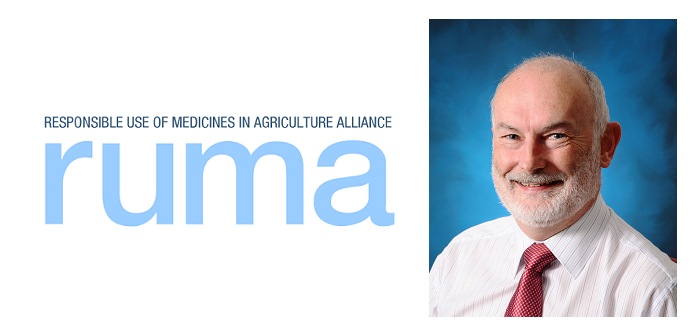Vet groups using the so-called “last-line antibiotic” colistin in pigs, poultry and cattle have agreed to restrict their use of the item while the “risks” which may be attached to its use are being re-assessed.
This action has been taken in response to a move by RUMA (Responsible Use of Medicines in Agriculture Alliance) to apply voluntary restrictions to colistin use in UK livestock.
Colistin, which was given high-profile attention during this week’s publication of the O’Neill Review on Antimicrobial Resistance (AMR), has been on RUMA’s radar for some considerable time.
“RUMA members considered the recent article in Lancet Infectious Disease reporting that a new gene that makes common bacteria resistant to colistin, a last-line antibiotic, had been found in animals and patients in China,” said the alliance.
“Members also noted that the EU had called for a revised risk assessment on colistin use in animals and agreed, pending the results of the risk assessment, that colistin use will be restricted to an antibiotic of last resort and will be used only after susceptibility testing had shown it was the only effective antibiotic available for treating the sick animals.”
It was duly agreed that RUMA secretary general, John FitzGerald (pictured above), would propose this to relevant pigs, poultry and cattle vet groups.
“As a result, the veterinary sectors which use colistin agreed to restrict its use while the risks were being re-assessed,” said RUMA.
Mr Fitzgerald added that this was a “positive and proportionate response, particularly as no E Coli colistin resistance in the UK was reported in the latest surveillance results”.




